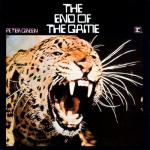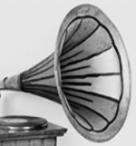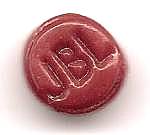This page? The middle of the "Designed from scratch" section.Originally Posted by scott fitlin
http://www.stereophile.com/solidpowe...mbl/index.html
Gosh, I'd feel robbed if my amp's frequency response cut off at only 200khz in one of its operating modes!Actually, at $26,600 a pair, I just might.
Clark in Peoria





 Reply With Quote
Reply With Quote




